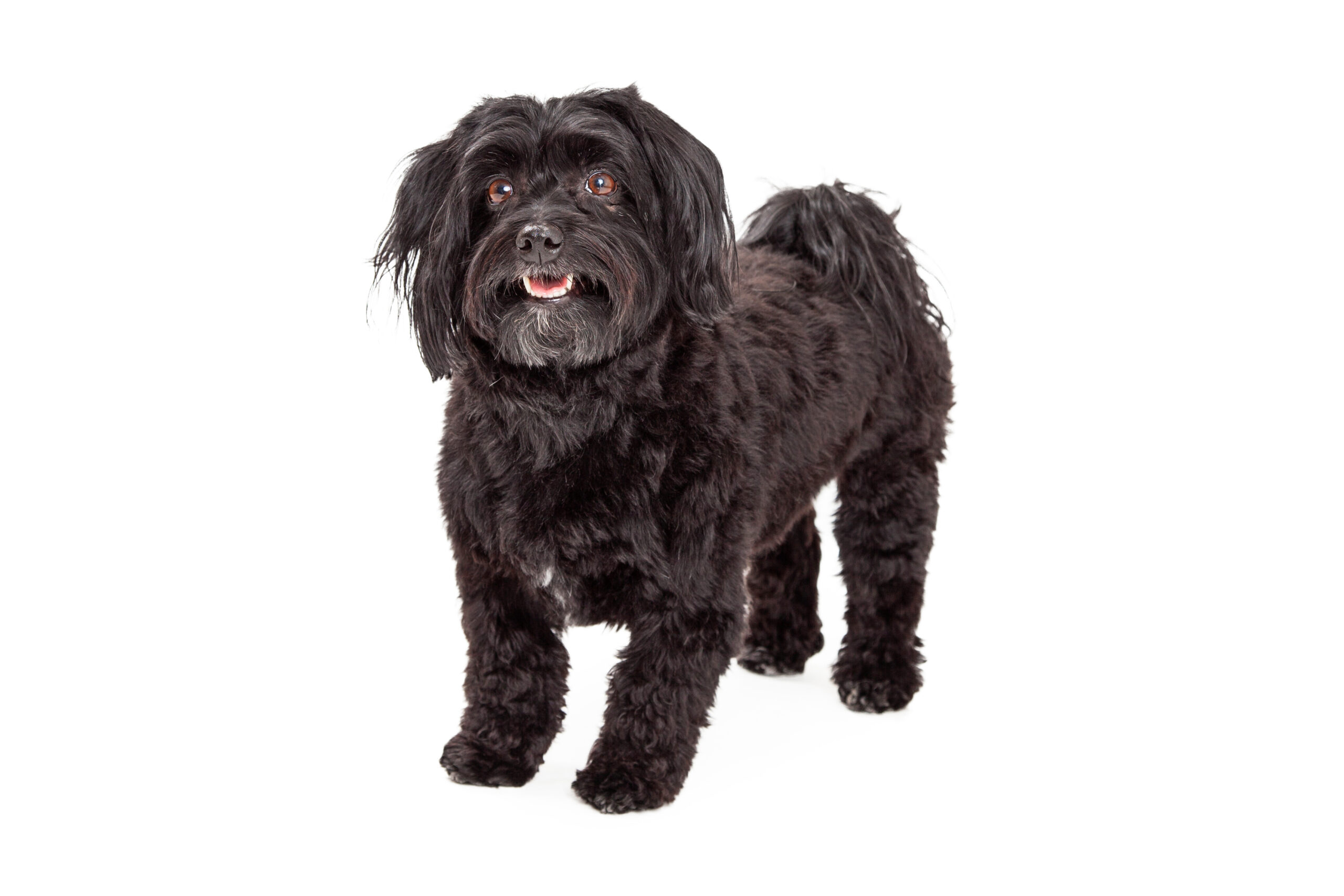Understanding the Unique Needs of Older Dogs
Older Havanese dogs have unique needs that differ from those of younger ones. As they age, they may experience a decrease in energy levels and require more rest. This means that they may not be as active or playful as they once were. Additionally, they may require more frequent veterinary check-ups to monitor their overall health, including any potential age-related issues.
Older dogs of any breed can be prone to certain health issues, such as hip dysplasia, cataracts, and deafness. Well-bred dogs from a reputable breeder are less likely to have serious health issues in their old age. But if you’re looking to adopt or otherwise acquire a Havanese from an unknown background, then you should consider possible old age related health issues and discuss them with your veterinarian.
In addition to regular check-ups, older Havanese may require medication or specialized diets to manage any existing health conditions. For example, if your furry friend has arthritis, they may require pain medication or joint supplements to manage their symptoms. Or, if they have dental issues, they may require a special diet that is easier for them to chew and digest.
Ultimately, adopting an older Havanese requires a commitment to providing them with the care and attention they need to thrive in their golden years. This means understanding their unique needs and being proactive about their health and well-being. With proper care and attention, your older Havanese can continue to live a happy and fulfilling life as your loyal companion.
Getting to Know Your New Furry Friend
Another consideration when adopting an older Havanese is their past. Many dogs end up in shelters or rescue organizations due to unforeseen circumstances, such as their owner passing away, financial difficulties, or a family member developing allergies. Others may have been abandoned or mistreated. It’s important to be patient and understanding as you get to know your new furry friend and their history. They may take some time to adjust to their new environment, especially if they’ve experienced trauma in the past.

Building Trust and Bonding with Your Havanese
When adopting an older Havanese, it’s important to establish trust and build a bond with your new furry friend. This can take time, especially if they’ve had negative experiences in the past. It’s important to be patient and understanding, and to give them space and time to adjust. Havanese dogs are known for their affectionate personalities, and with time and patience, they will likely become a loving and loyal companion.
Training and Socialization
Training is also an important consideration when adopting an older Havanese. While they may already be housebroken and have some basic obedience training, they may need additional training to adapt to their new environment. Havanese dogs are intelligent and eager to please, so positive reinforcement training methods are often effective. It’s important to be patient and consistent with training, and to celebrate small successes along the way.
Socialization is another important consideration when adopting an older Havanese. While they may be socialized to some extent, they may not have had exposure to a variety of people, animals, and environments. It’s important to gradually expose them to new experiences, such as meeting new people, visiting new places, and encountering other animals. This can help prevent behavioral problems and help your furry friend feel more comfortable and confident in new situations.
Diet and Exercise
Another consideration when adopting an older Havanese is their diet and exercise needs. While they may not require as much exercise as a younger dog, they still need daily walks and mental stimulation. Havanese dogs are also prone to weight gain, so it’s important to monitor their food intake and ensure they’re getting a balanced diet. Your veterinarian can help you determine the appropriate diet and exercise plan for your furry friend.
Financial Considerations
Finally, it’s important to consider the financial implications of adopting an older Havanese. While adoption fees for older dogs are often lower than those for puppies, they may require more medical care and other expenses. It’s important to budget for routine veterinary care, as well as unexpected expenses, such as emergency veterinary visits or medication.
Conclusion
In conclusion, adopting an older Havanese can be a rewarding experience, but it’s important to be prepared for the unique challenges that come with adopting an older dog. With patience, understanding, and a willingness to adapt, you can build a strong bond with your new furry friend and provide them with a loving and comfortable home in their golden years.




